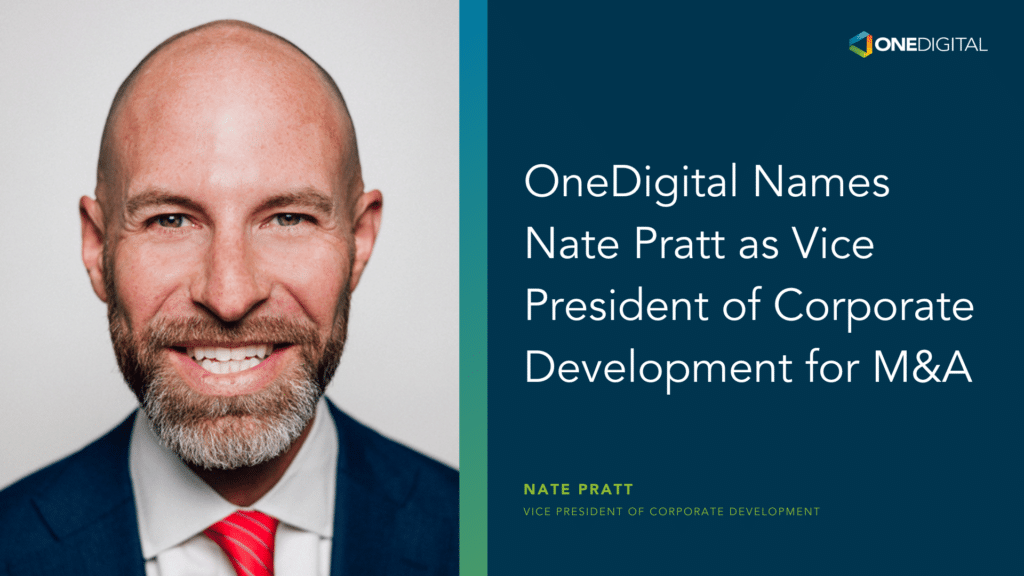When we last updated you on the Anthem/Cigna and Aetna/Humana mergers, we framed the issues and headwinds facing these deals and predicted an intense review process underway with the Department of Justice(DOJ), as well local state insurance departments.
After months of analysis and what we understand were hundreds of interviews with brokers, providers and employers from across the country, on July 21st the DOJ concluded that they were uncomfortable approving both deals and filed respective lawsuits seeking to stop the mergers from proceeding. In this rare move within the same industry of seeking to derail these mergers, both Anthem and Aetna as the respective acquirers, filed suit to vigorously defend the viability of their deals and the benefits to the marketplace. According to the DOJ and in a statement accompanying the announcement of the lawsuits they stated, "these deals would reduce competition, raise prices for consumers and stifle innovation if the large, national insurers fell from five to three."
Let's break this down a bit further.
In the Aetna/Humana deal, the concerns of the DOJ seem more focused on the potential adverse impact on the competitive landscape for consumers/buyers of Medicare Advantage coverage. Prior to the filing of the lawsuits, Aetna and Humana offered to sell off assets of enrollees in certain markets around the country. In addition, Aetna made the argument that the DOJ analysis can't be limited to just the choice of Medicare Advantage products in isolation, but must be combined with the larger pool of buyers of more traditional Medicare Supplement policies as well. Evidently, the DOJ didn't buy that more expansive view of the market and proceeded with the lawsuit. Let's see how convincing an argument Aetna and Humana can make that selling off certain assets will mitigate the anti-competitive concerns of the regulators.
The Anthem/Cigna deal probably hits home more for the commercial employer marketplace and many of our clients, as the DOJ seemed concern in the overlapping markets that the outcome on pricing will not be in the best interests of employers and individuals. The burden of proof on Anthem/Cigna will be demonstrating to the courts how this combination will result in lower unit costs and employer premiums. This appears to be the challenge set forth by the DOJ. Can they demonstrate that the combination will stimulate innovation--like Cigna has done as a market leader with their level-funded medical plans? Can they provide new competition in the small employer and individual markets in new states where neither Anthem nor Cigna have been well positioned or even entered into those markets?
The clock is ticking.
Both deals have an emerging risk of obtaining approval before pre-established deadlines expire. These substantial 'break-up" fees can be triggered if the court proceedings and decisions extend past these deadlines. Aetna/Humana's deadline is 12/31/16 and Anthem/Cigna's is 4/30/17. So far, the judges assigned to these cases seem intent on accelerating the process to address these concerns, but time will tell!
How this will end and impact the markets they serve will be something we'll continue to closely monitor. Continue to check with us for the outcome!




